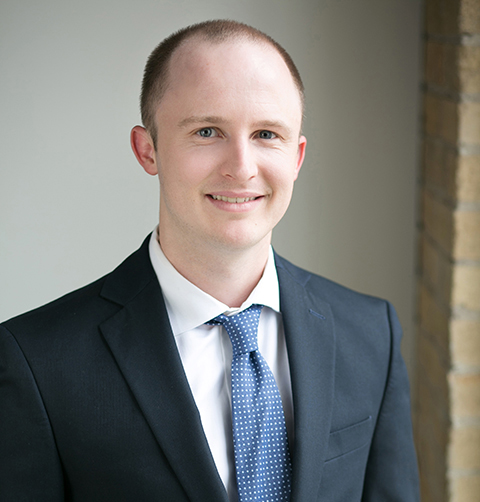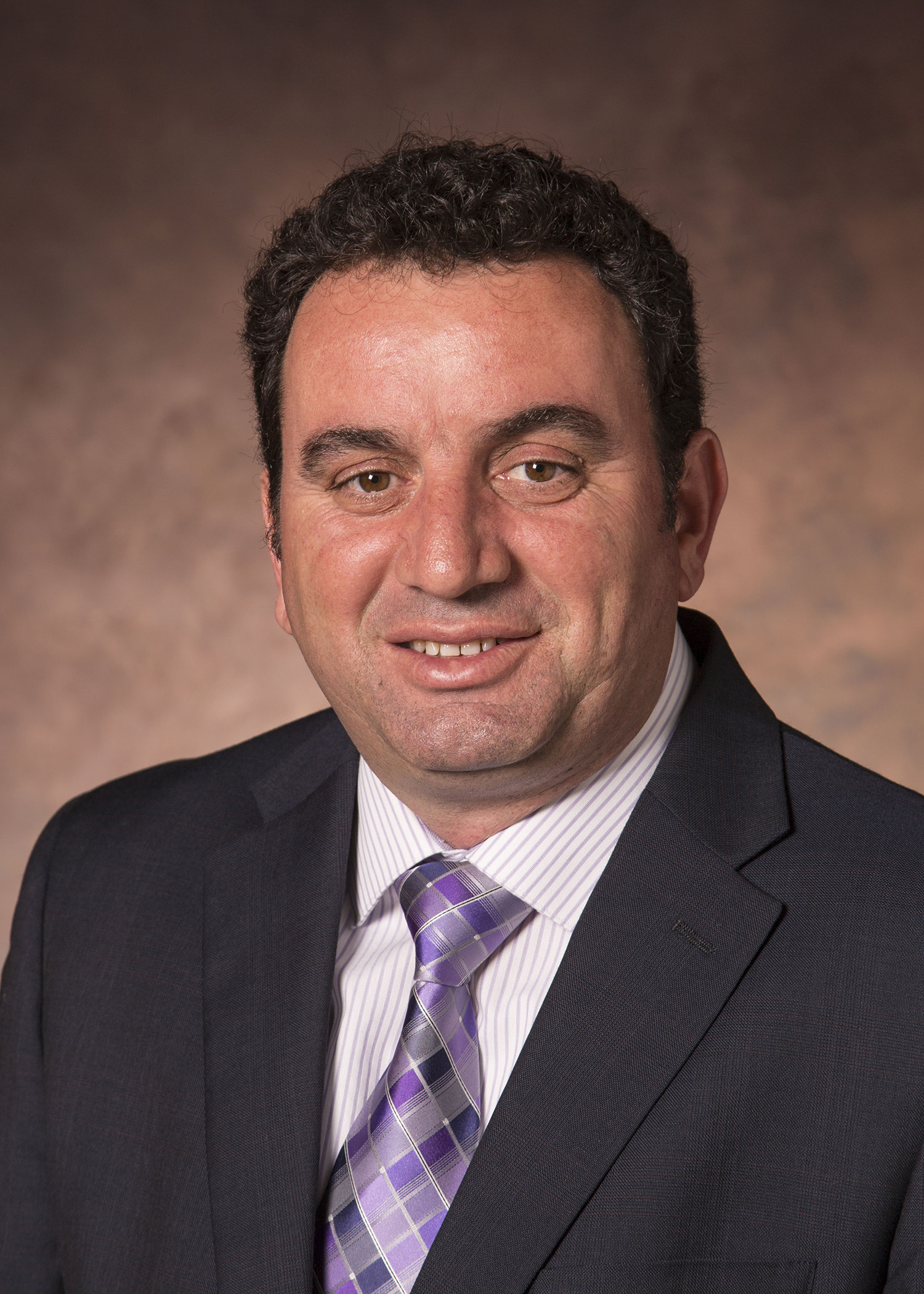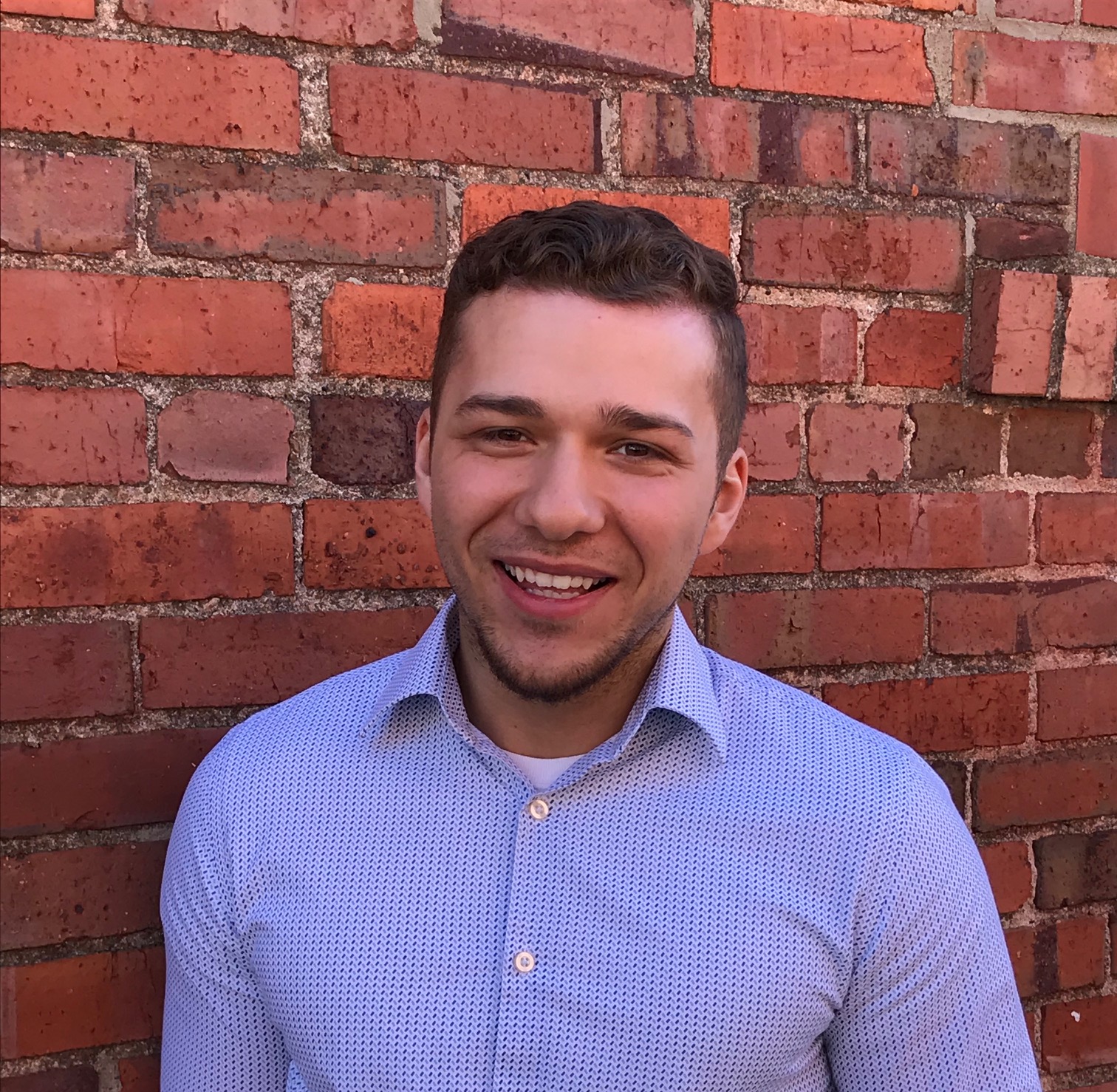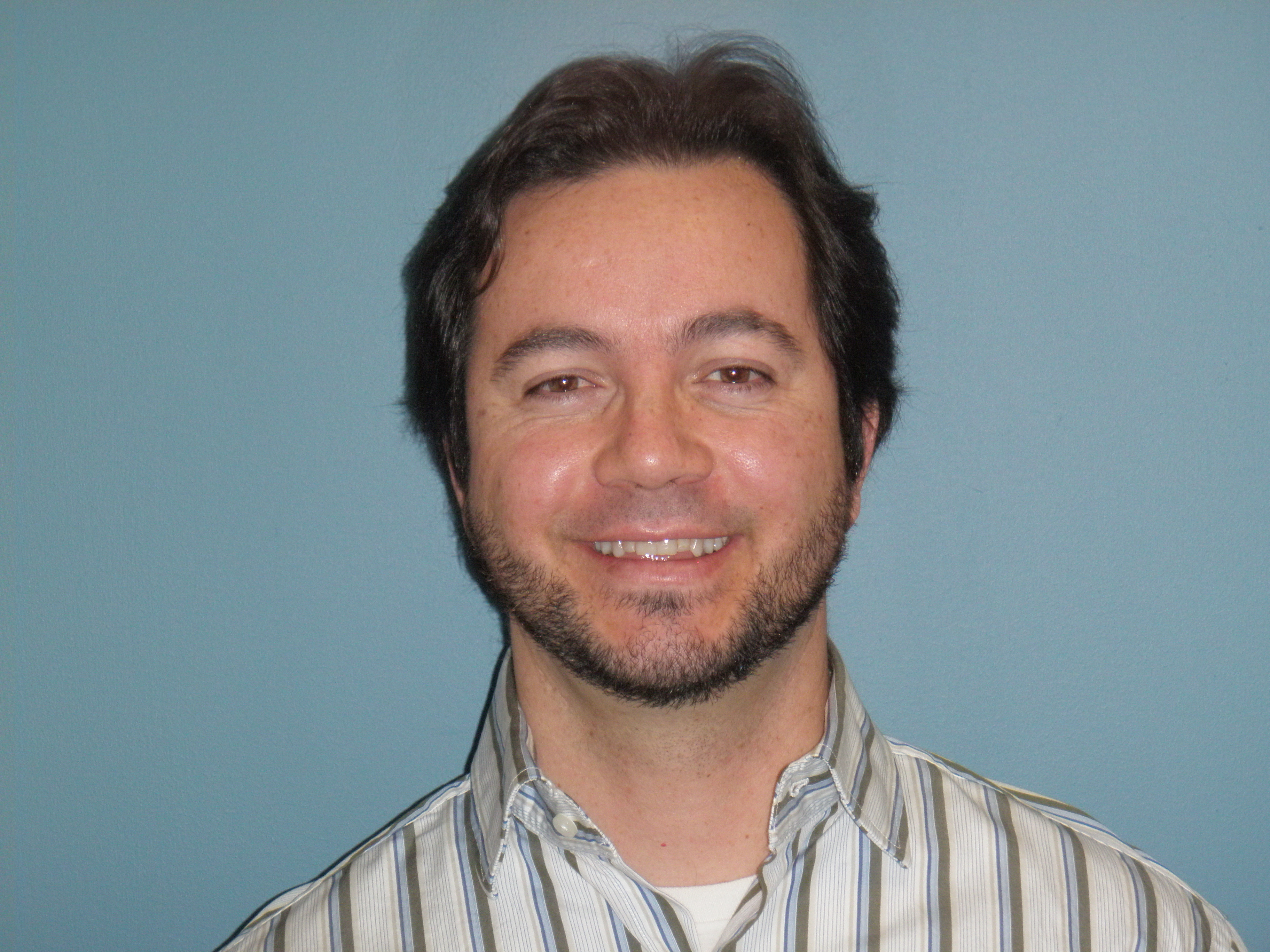Speaker(s):
Kate Mallula, MPH, LMSW
Ignacio “Alex” Barajas-Munoz, PhD
Presentation: This interactive session will explore the role that provider bias plays in assessment and how culture may influence client experiences of behavioral health symptoms and services. Participants in this workshop will review the latest evidence on the impact of provider bias on delivery of behavioral and SUD services. Through activities and case studies, participants will have the opportunity to reflect on how culture shapes their own perceptions as providers. The workshop will also present best practices for assessing how cultural paradigms may inform clients’ experience and understanding of physical and mental well-being and healing. Participants will obtain interview tools, assessment skills, and reflective approaches to facilitate the reduction of bias, comprehensive assessment of cultural factors, and implementation of culturally responsive treatment plans.
Objectives:
- Describe the ways in which provider bias can affect client assessment
- Describe how culture may frame an individual/client’s experience of health and/or illness
- Conduct a culturally responsive assessment by asking questions to explore how culture impacts an individual/client’s experience of mental health, SUD, and related services
- Develop treatment plans that are culturally responsive





